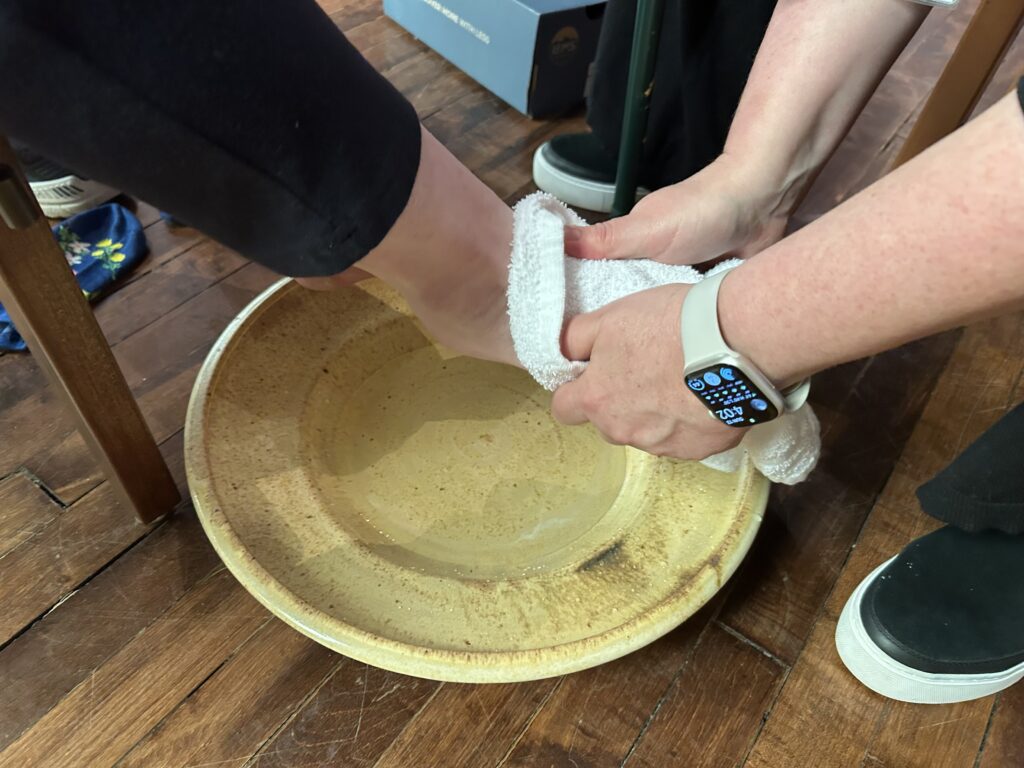Sunday Fellowship Celebrates Holy Week



At Sunday Fellowship, it has become our tradition to celebrate all of Holy Week on Palm Sunday since many SF members aren't able to come…
PastorApril 24, 2025

